Governor Signs SB 143 Background Check Bill
- 02/19/2019 08:14 PM (update 04/10/2023 11:09 PM)
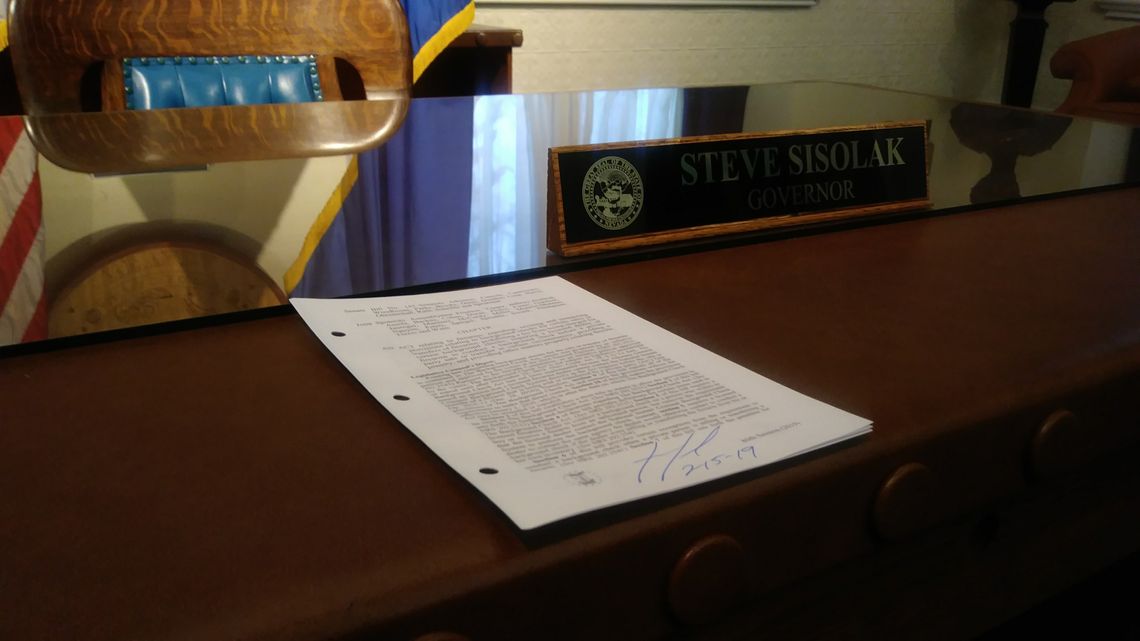
By Don Dike-Anukam—
On Friday, February 15th in Carson City, Nevada Governor Steve Sisolak signed into law the controversial Senate Bill 143, that provides for universal gun background checks. Joined by legislative leaders Jason Frierson, Speaker of the Assembly; State Assemblywoman, Yvanna Cancela; State Sentate Majority Leader, Kelvin Atkinson; and Attorney General, Aaron Ford along with a number of statewide elected leaders, supporters, and community stakeholders, the governor used the occasion to honor the memories of those who have lost their lives to gun violence.
“We are following the will of the voters,” said Sisolak, “we said we were going to implement it and that’s what we did.” In a room filled with dedicated gun control advocates, and for many a combination of years of work and fulfilling political promises from the past, Governor Sisolak continued, “we are just putting this into law and I think that’s a positive thing.”
Similar language to this bill was passed as a ballot measure in 2016, but vetoed by then Governor Sandoval. Opponents argued the FBI could not be directed by the State of Nevada to perform background checks on private sales of firearms.
Governor Sisolak said there is still work to do on gun control during this legislative session and expects more legislation to cross his desk for signature. He also expressed concern in the opposition to SB 143.
“I’m disappointed we didn't get more unanimous support,” he said. “As I said, this is the will of the voters and I was elected to reflect the will of the voters and that's what we did here today. We represented voters and I'm proud of that."
He expressed gratitude to those who have relatives who have suffered or have been victims of gun violence themselves. "My message to the supporters is thank you — they worked incredibly hard to get us to this day. I’m proud that we finally got here and I’m proud that they got to share in this experience today.”
Senate Majority Leader Kelvin Atkinson (D-North Las Vegas) said this had been an "historic day, something that has been long coming, something that our citizens have been waiting for. They asked us to act on this two years ago and we are finally in a place and have an opportunity to honor the will of our citizens."
Heather Sallan is a survivor of the Route 91 shooting in Las Vegas and attended the hearings on SB 143. She called the day a victory. “Today is one movement towards making our streets safer, making our country safer, making our state better and more safe,” she said. “Whatever the issues are on gun safety and around sensible gun ownership, I'm going to be here for all of it.”
On Monday, February 18th the Assembly Republican caucus held a press conference to voice their concerns. Assemblyman Al Kramer (R-Carson City) said one of the mandates of the law regards transfers and hunters.
"Assemblywoman Dr. Robin Titus owns a 20-gauge shotgun with rifling in the barrel and that's what's required to shoot deer in Smith Valley,” he said. “So what if one of her friends with deer tags comes to visit and wants to borrow that shotgun? Now she's got to drive 50 miles to do a background investigation in order for that person to borrow her shotgun — come on is that who were going after? That's not who we’re trying to catch. Let's narrow it down to who were trying to prevent from having a gun. I think we can do that, but this bill doesn't do that.”
One Nevada voter from Fallon, Dianne Hutchings, has watched the legislative process on SB 143 and opposes the passage of this bill. "When guns are outlawed only criminals will have guns,” she said. “It's been proven time and again that background checks don't stop criminals from obtaining guns.”
Senator Atkinson said it’s now time to focus on the next legislative agenda items. “We have a lot of things on our legislative priorities this year, which is a few pages long and we move on to the next issue that's what happens every legislative session,” he said. “We’ve still got to get collective bargaining for state employees, we have a budget we’ve got to fund, we have some transportation infrastructure we're working on, we have some homeless issues we're working on, and affordable housing. So there's a list of things, and I think people will look at today's events and think that's all the sessions is all about. I think we are capable of moving on — we have a constitutional authority that holds us to 120 days and we’ve got a lot of work to do."

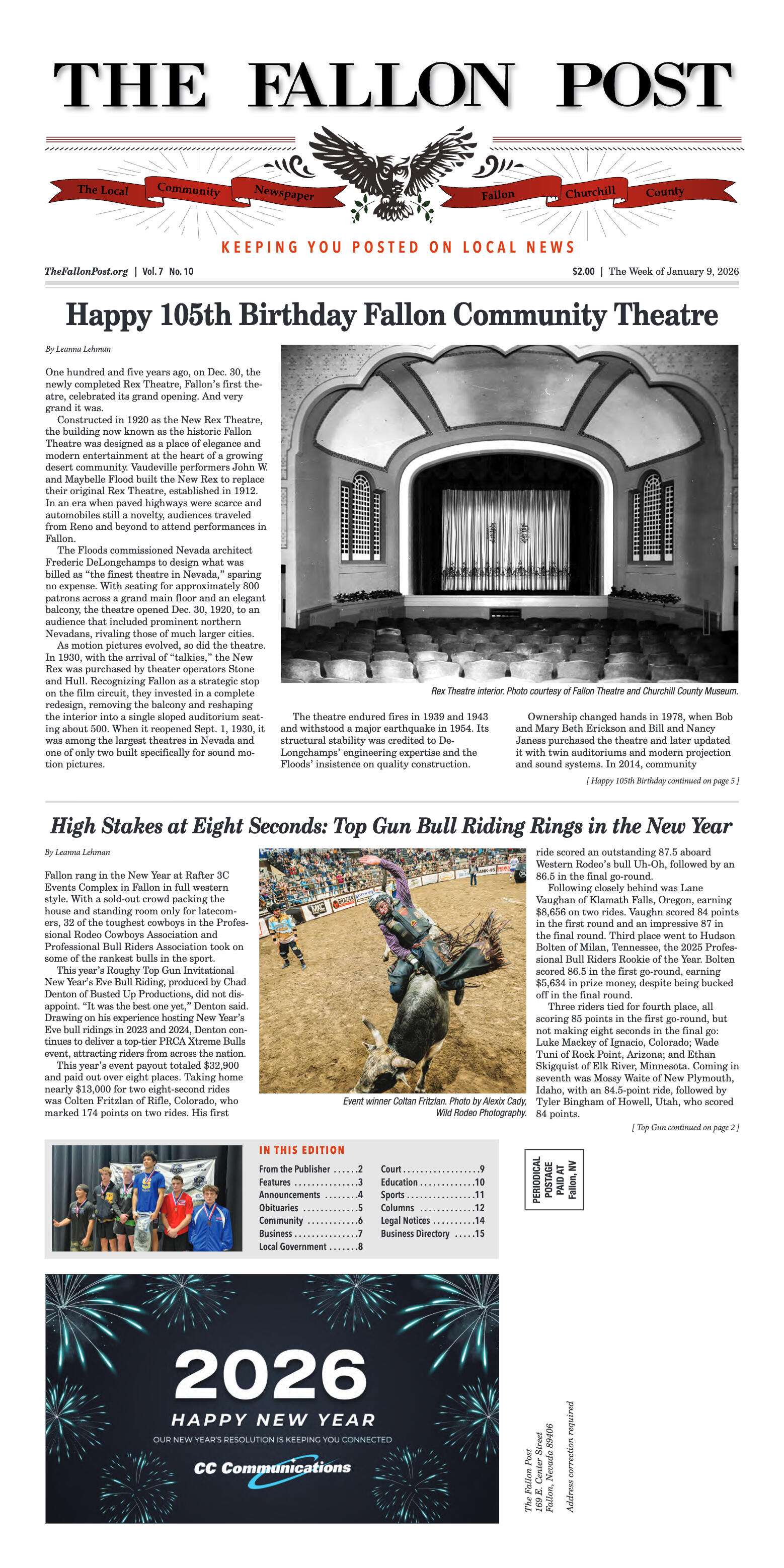
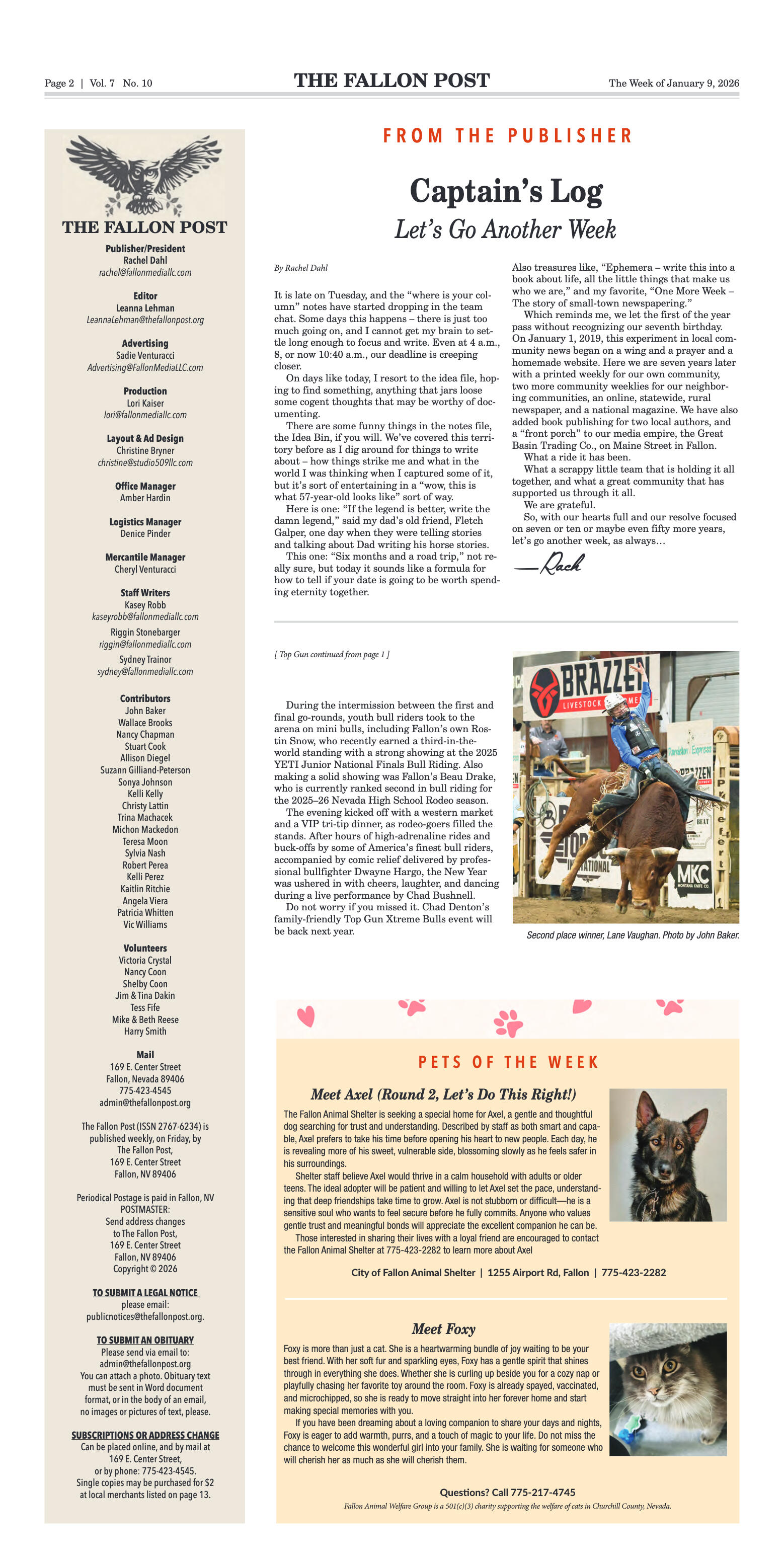
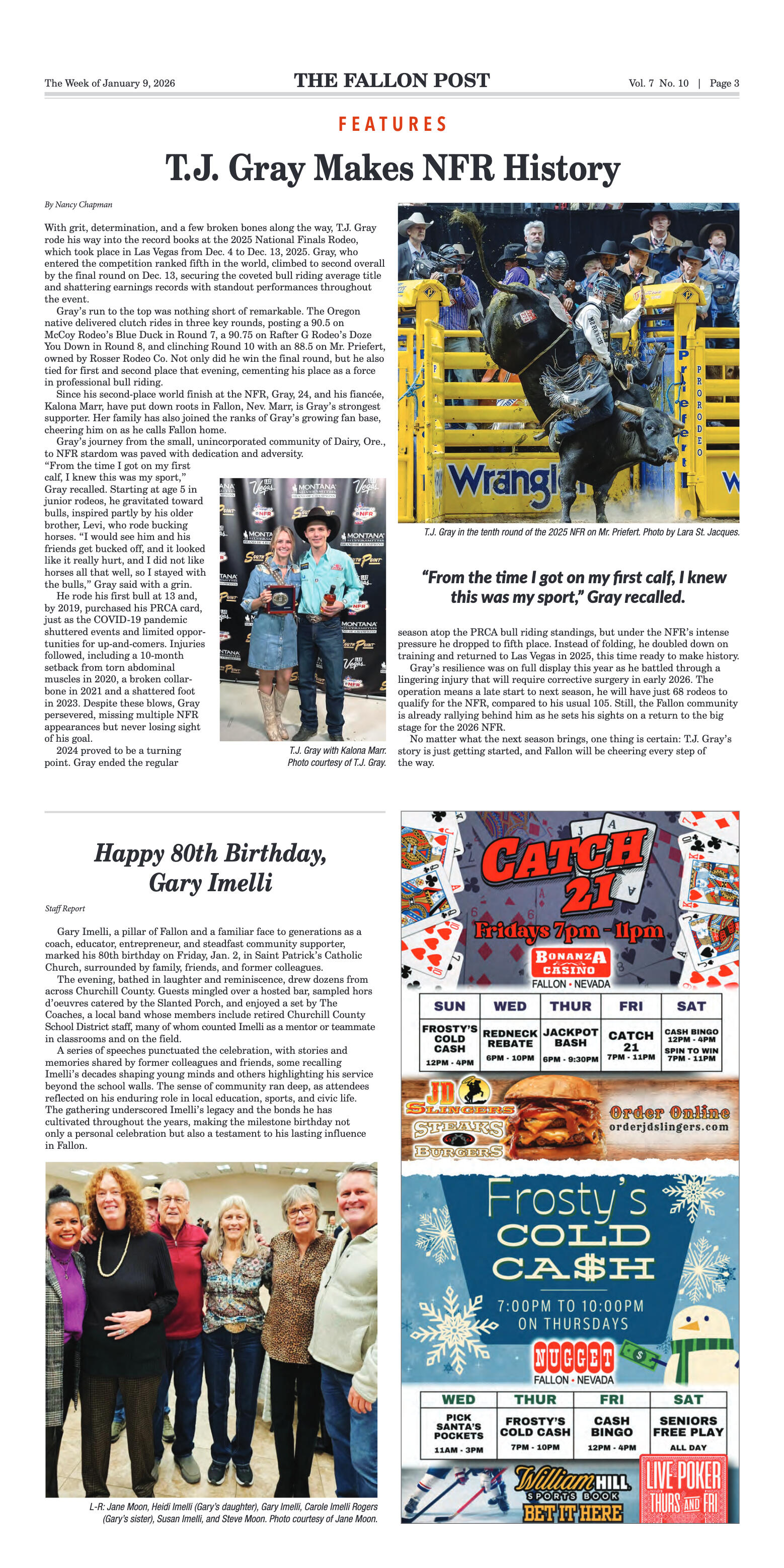
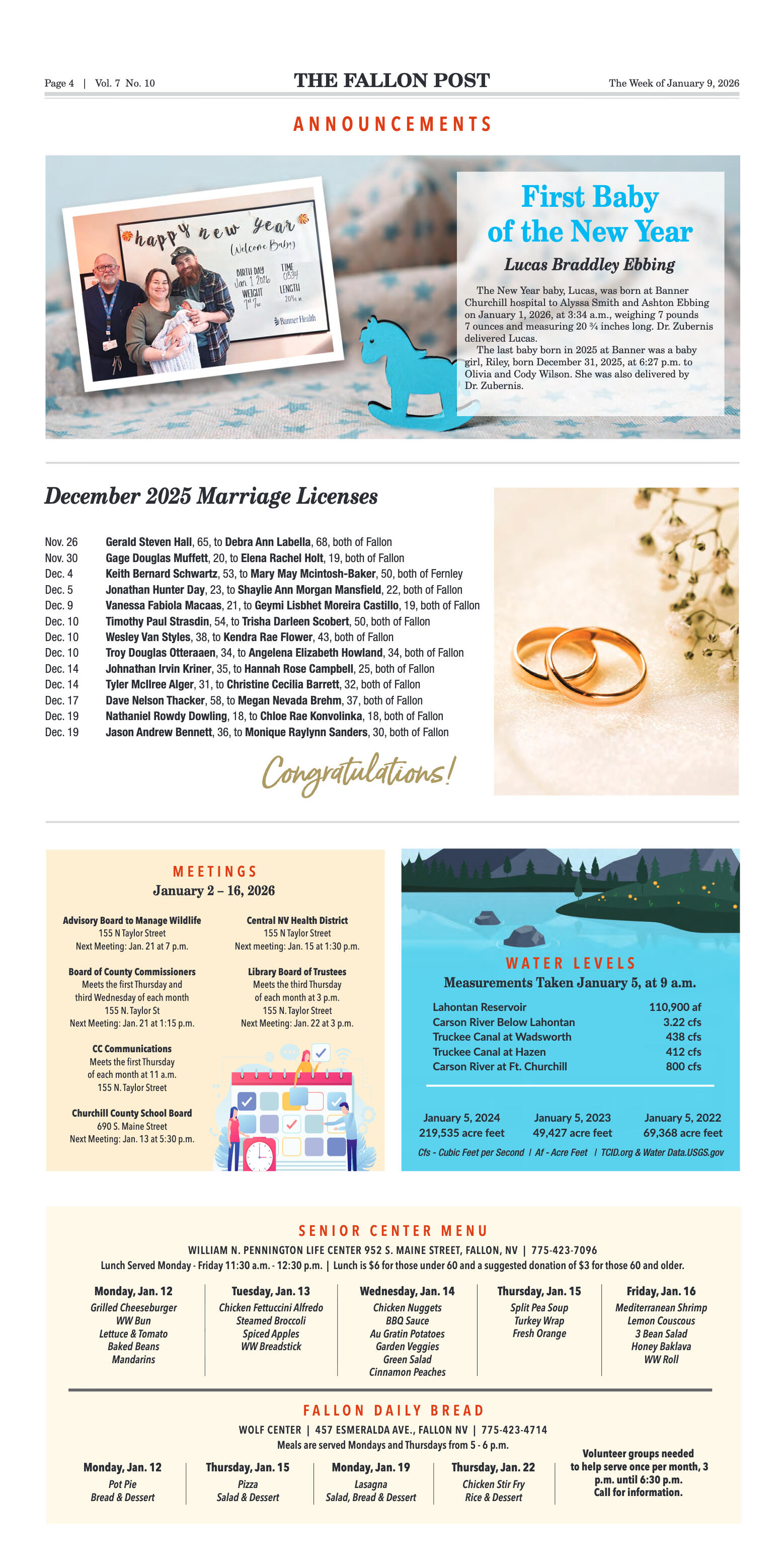
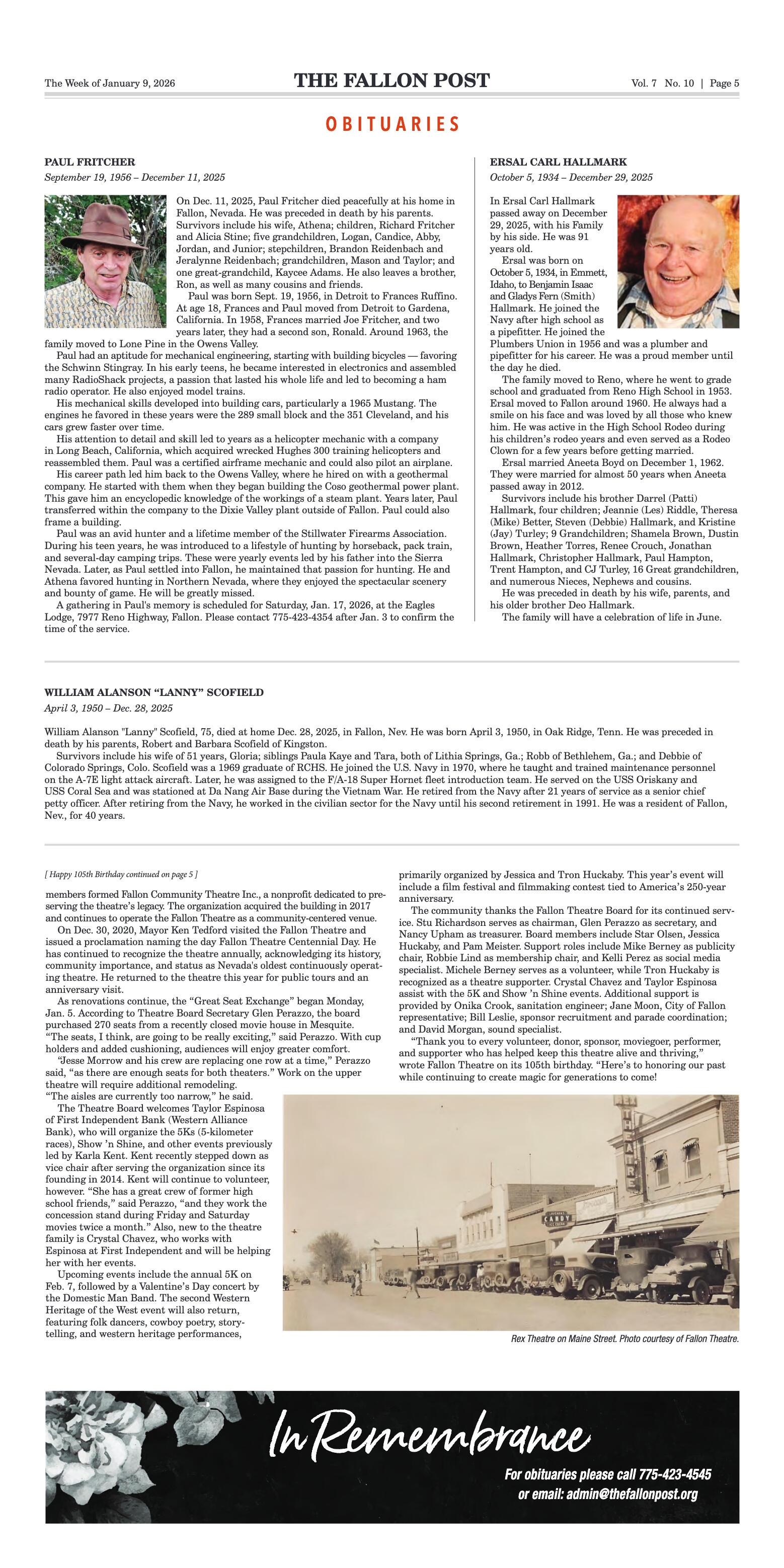
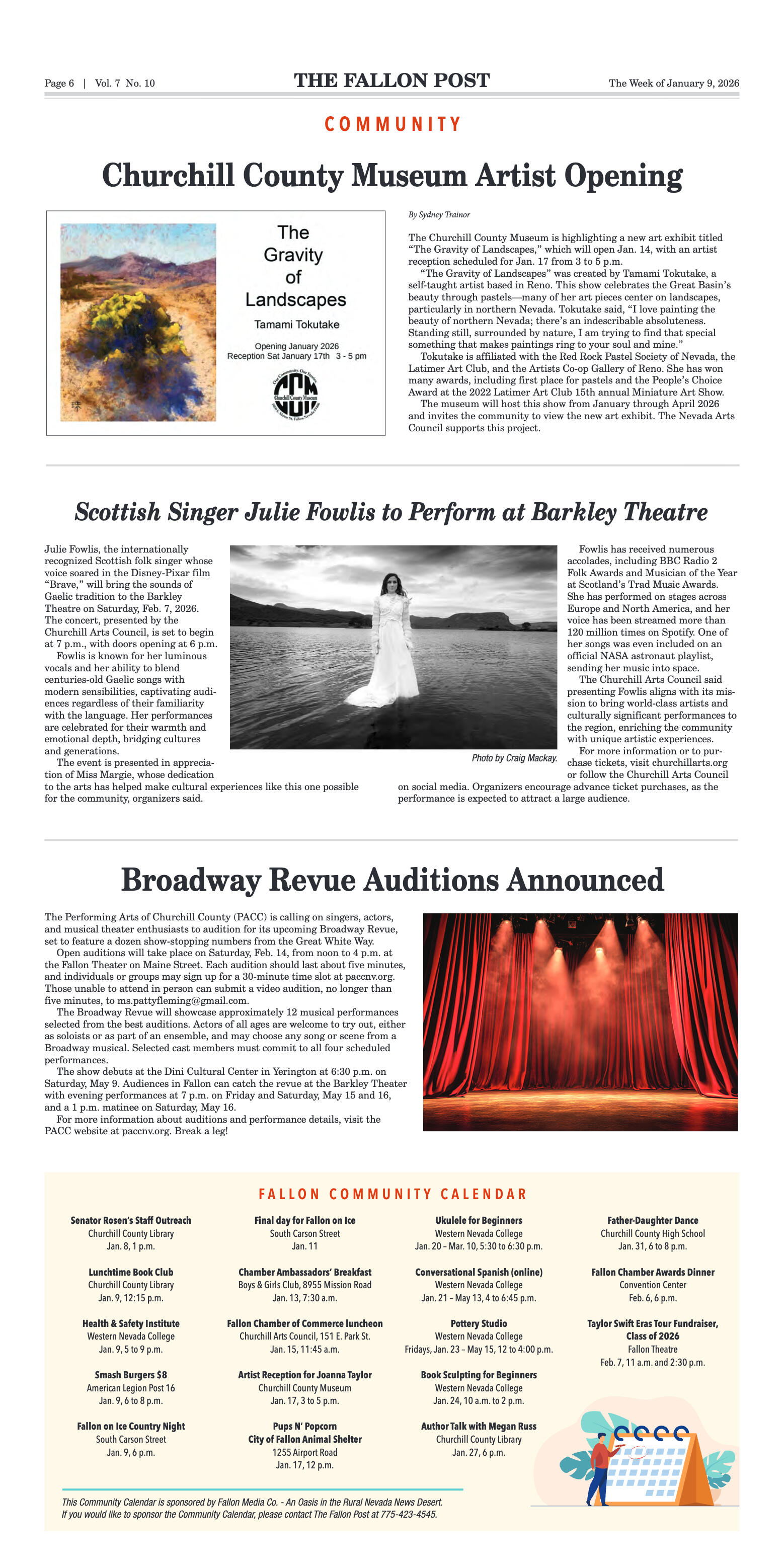

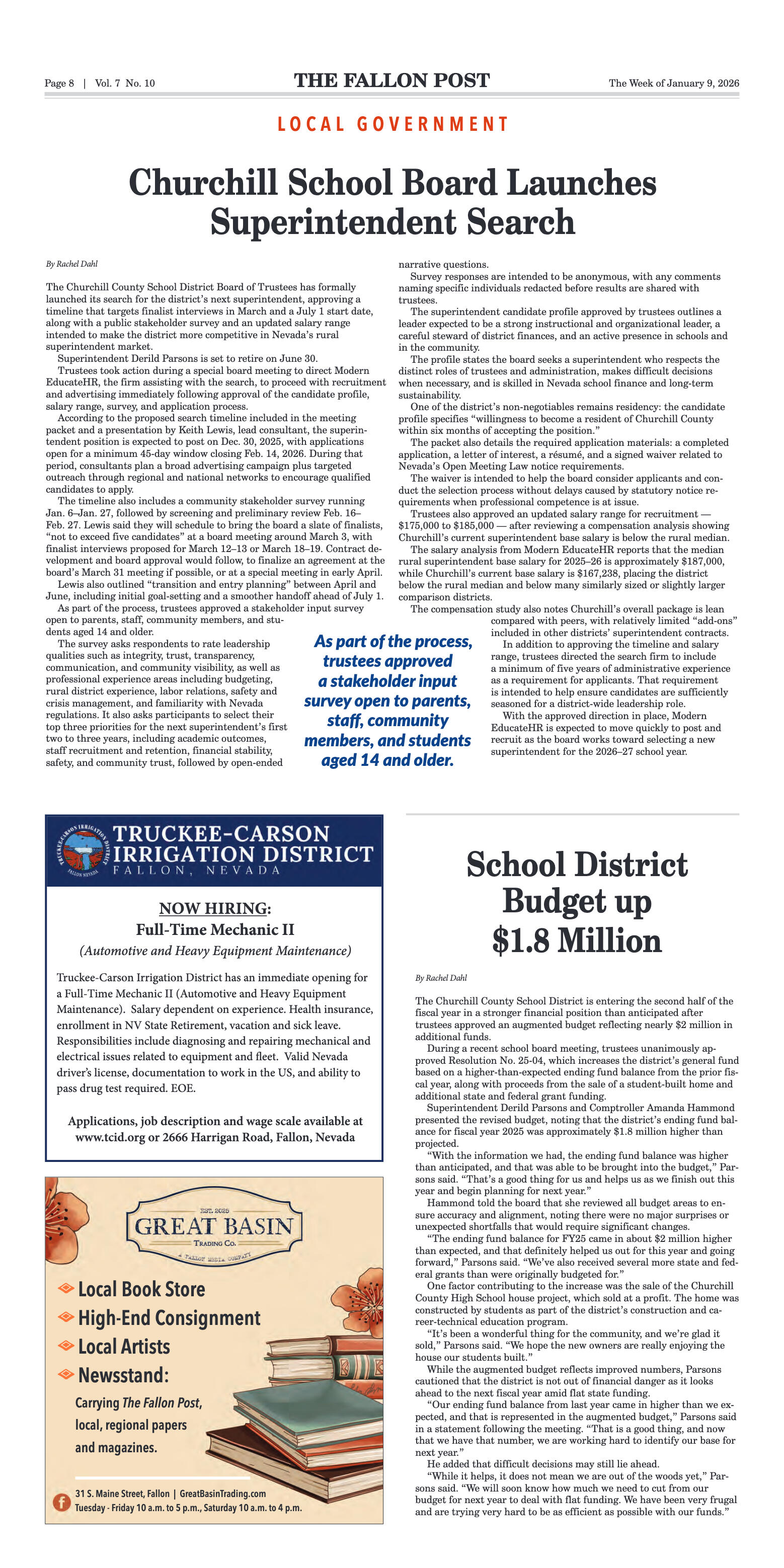
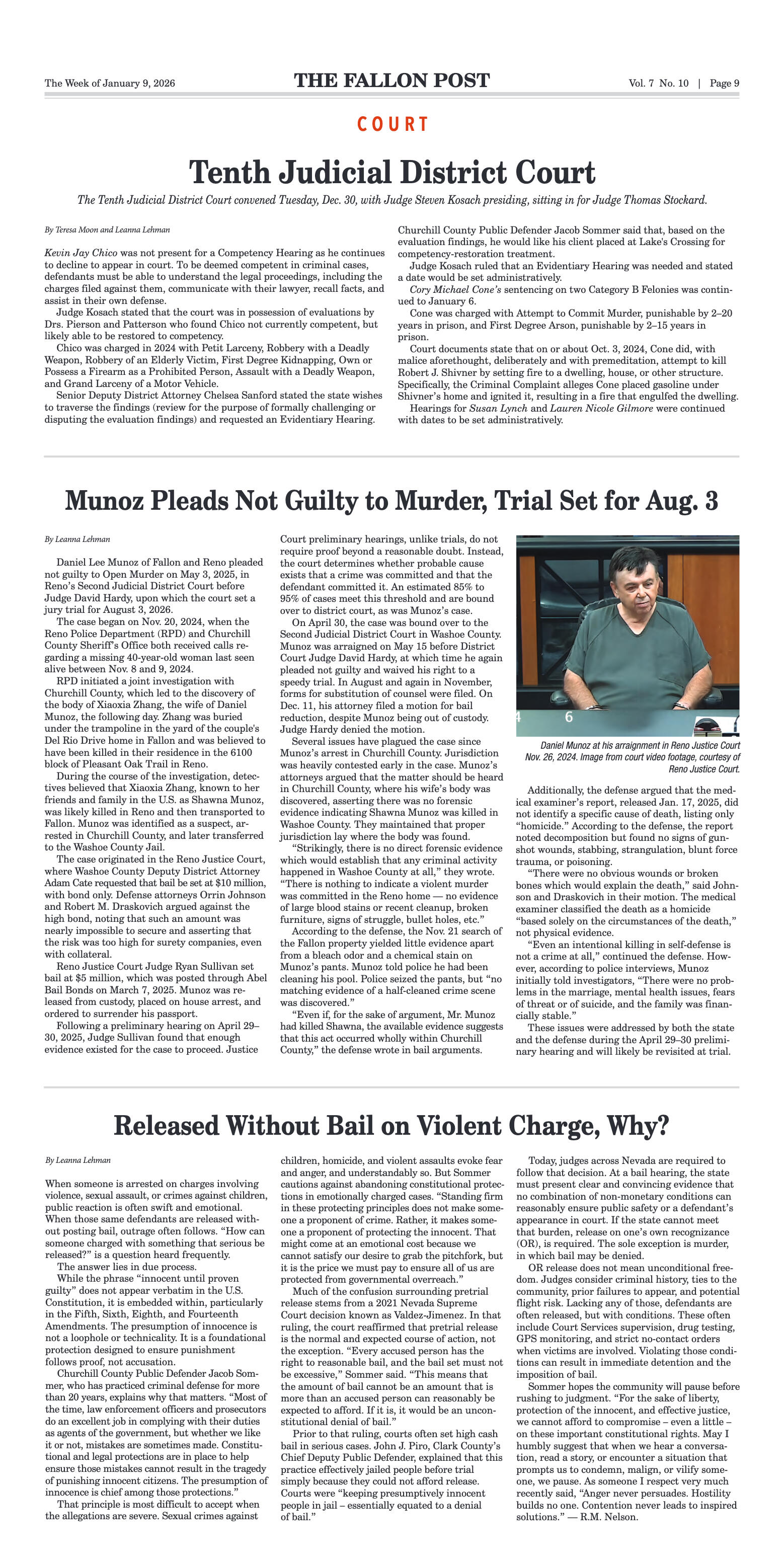
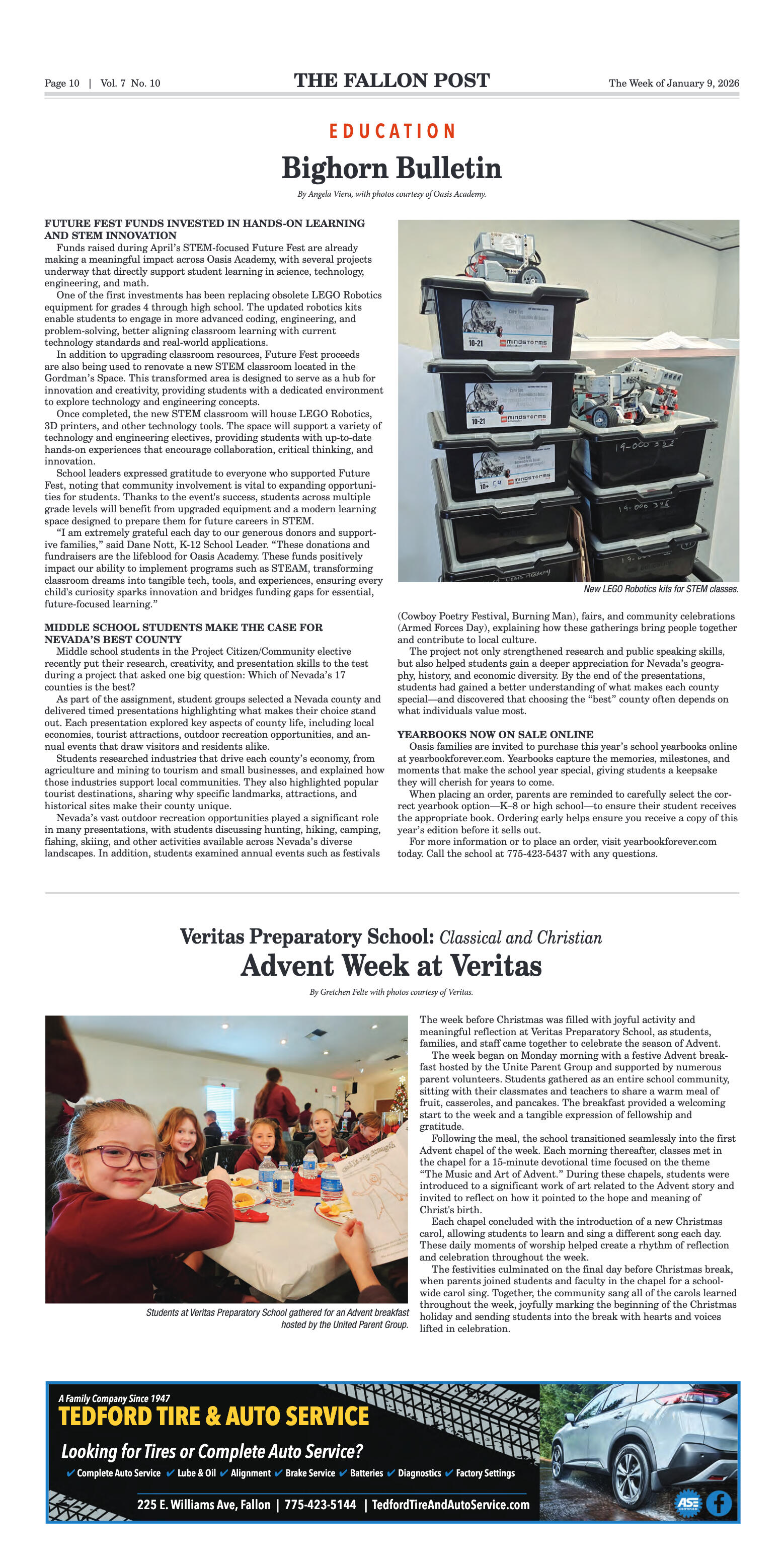
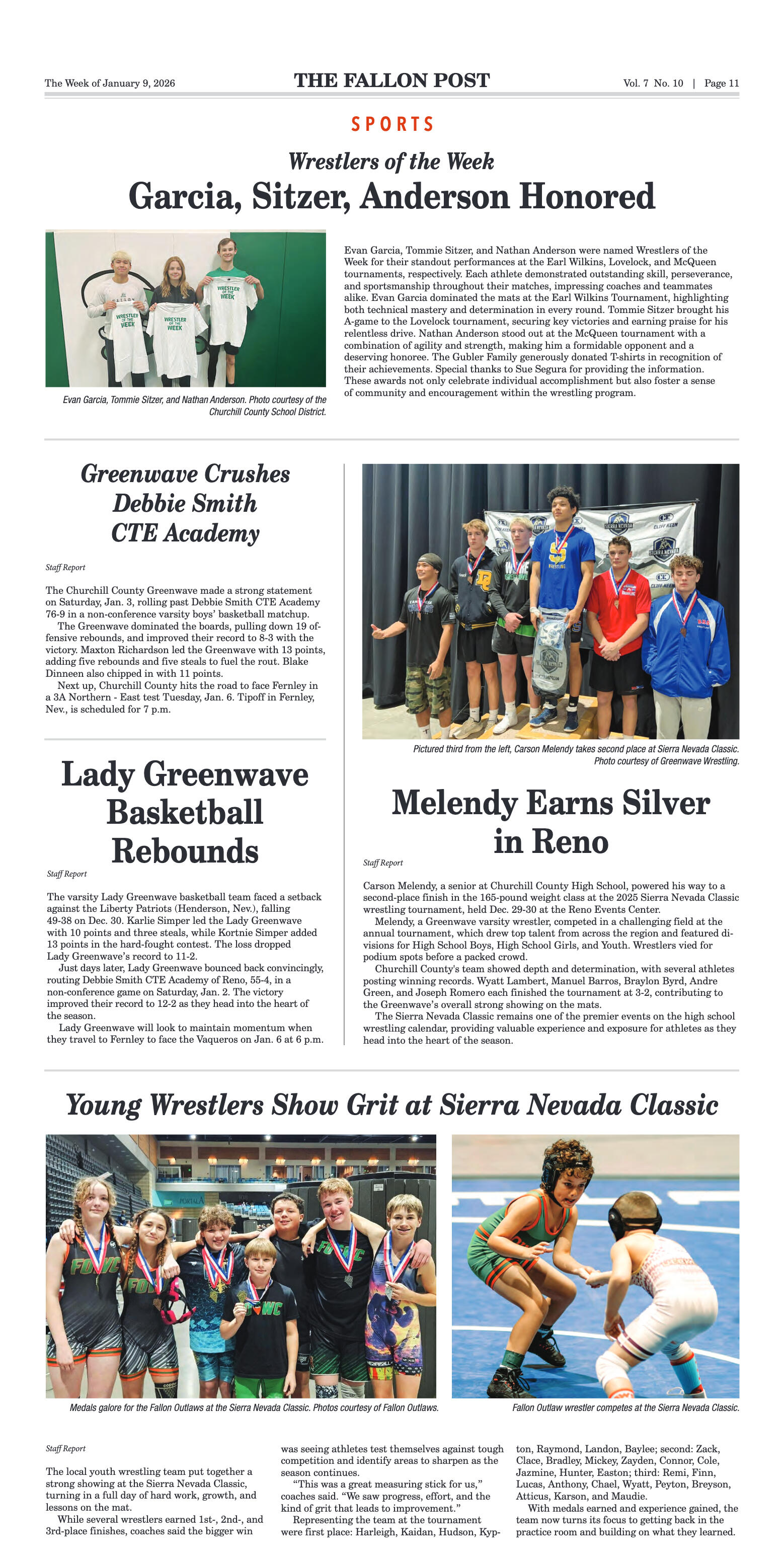
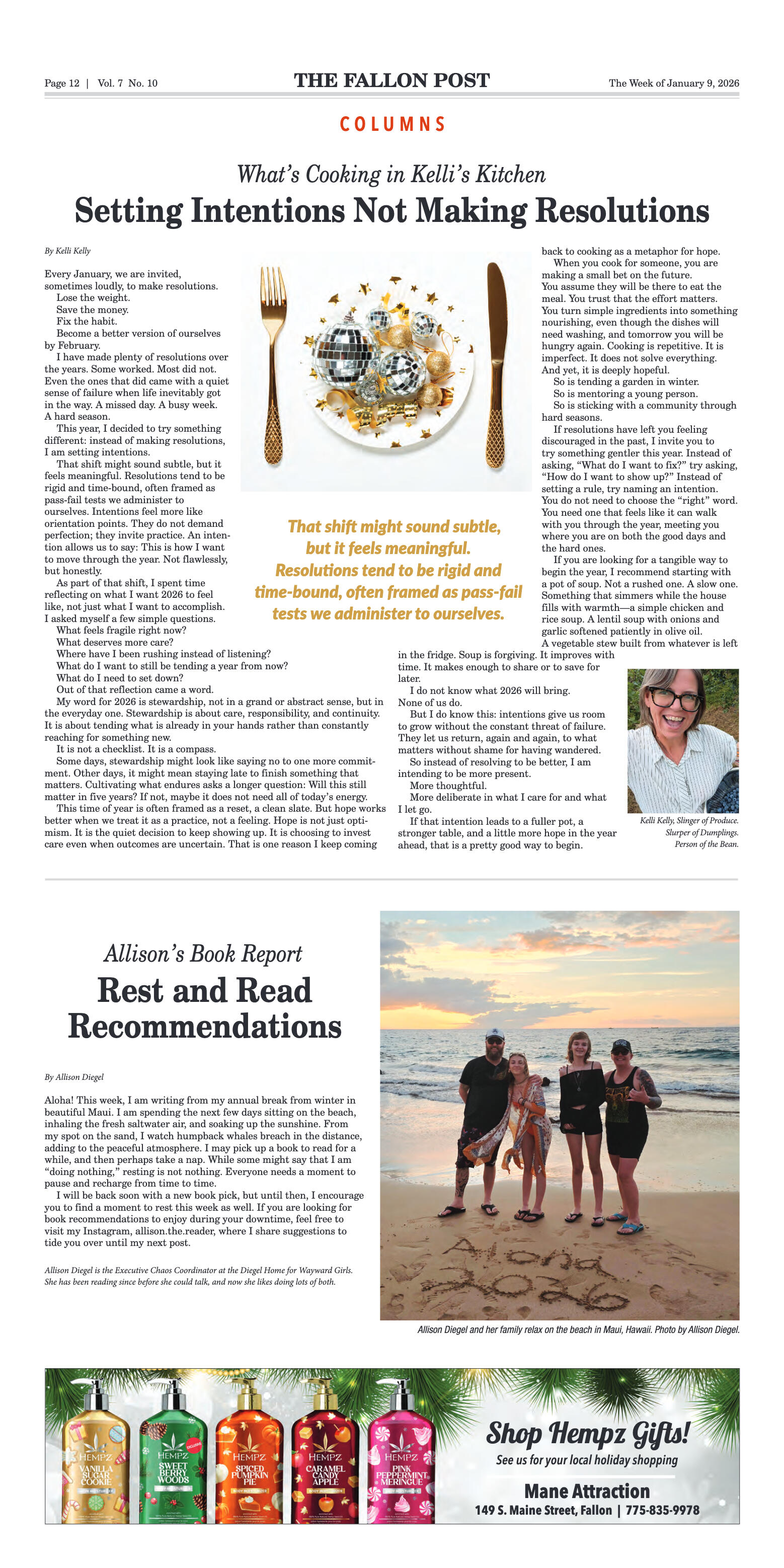
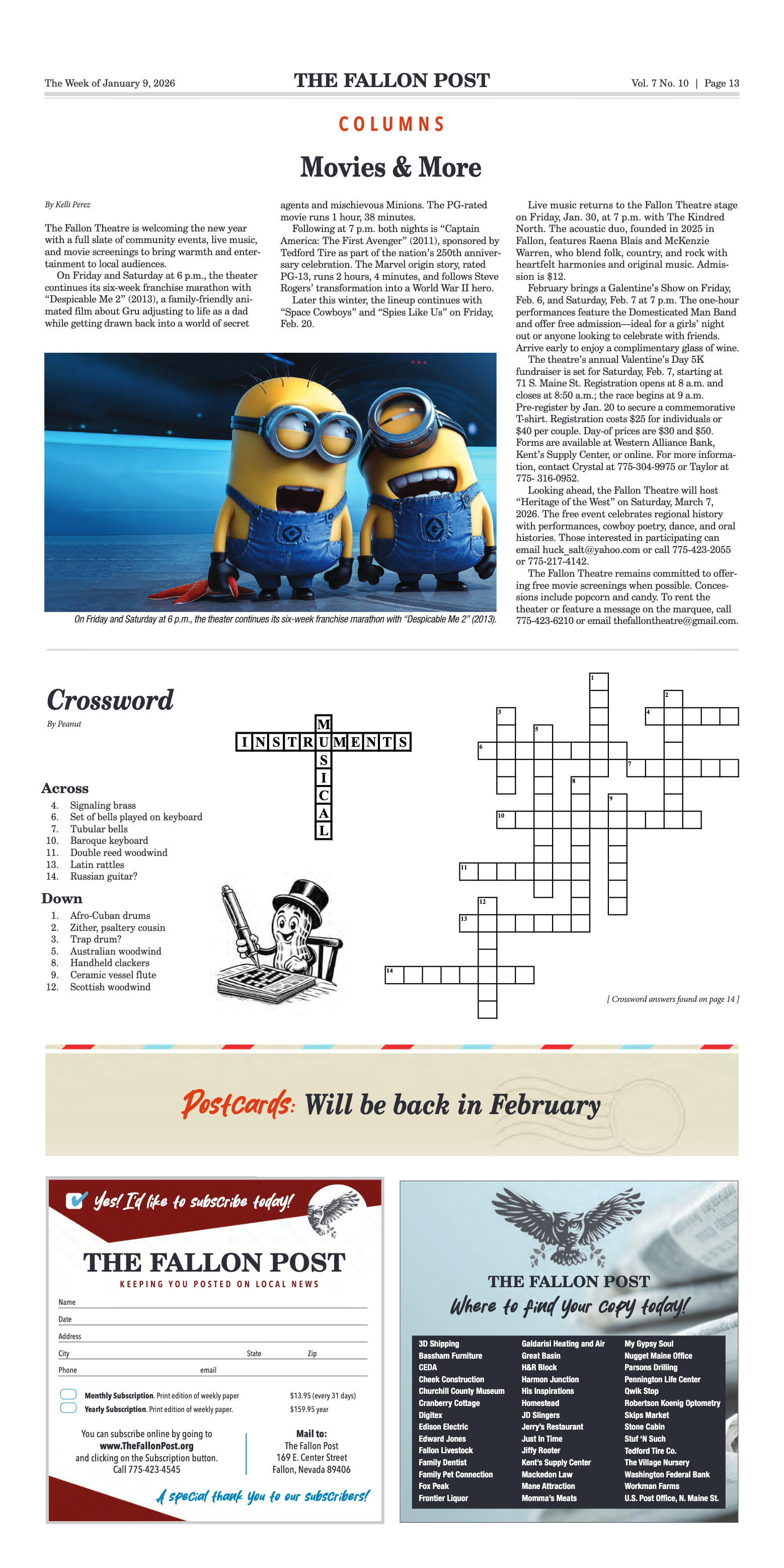
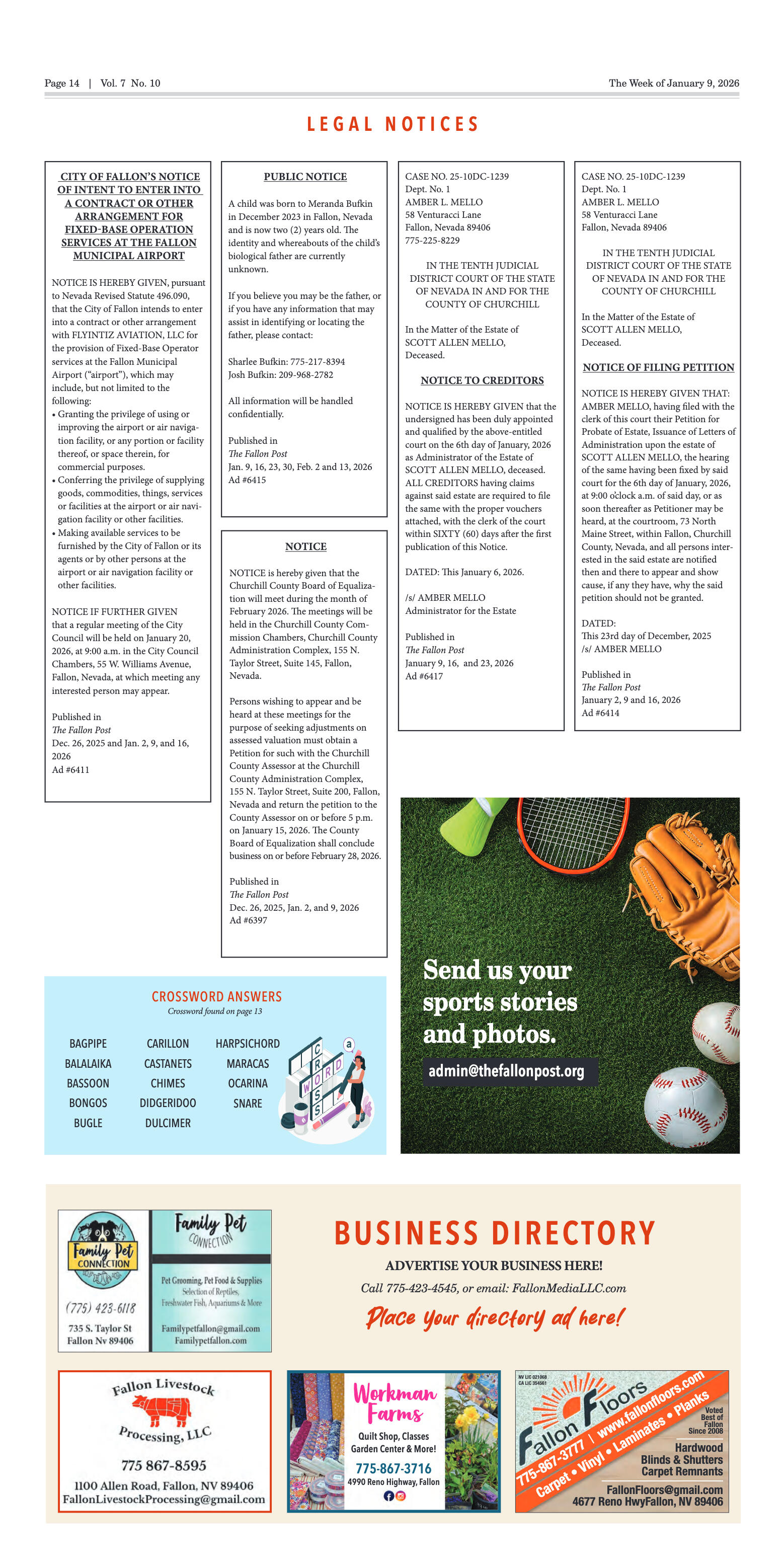
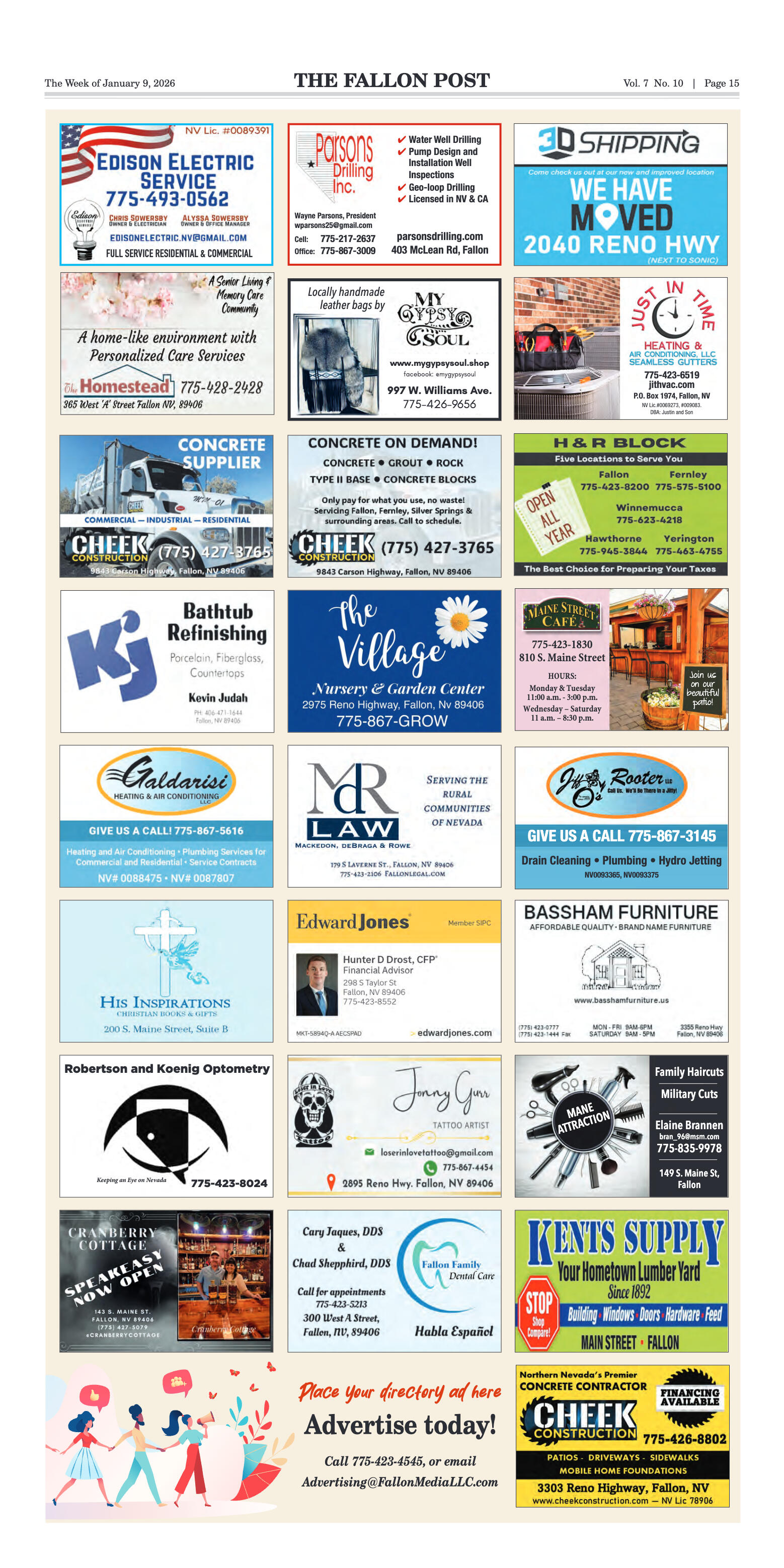
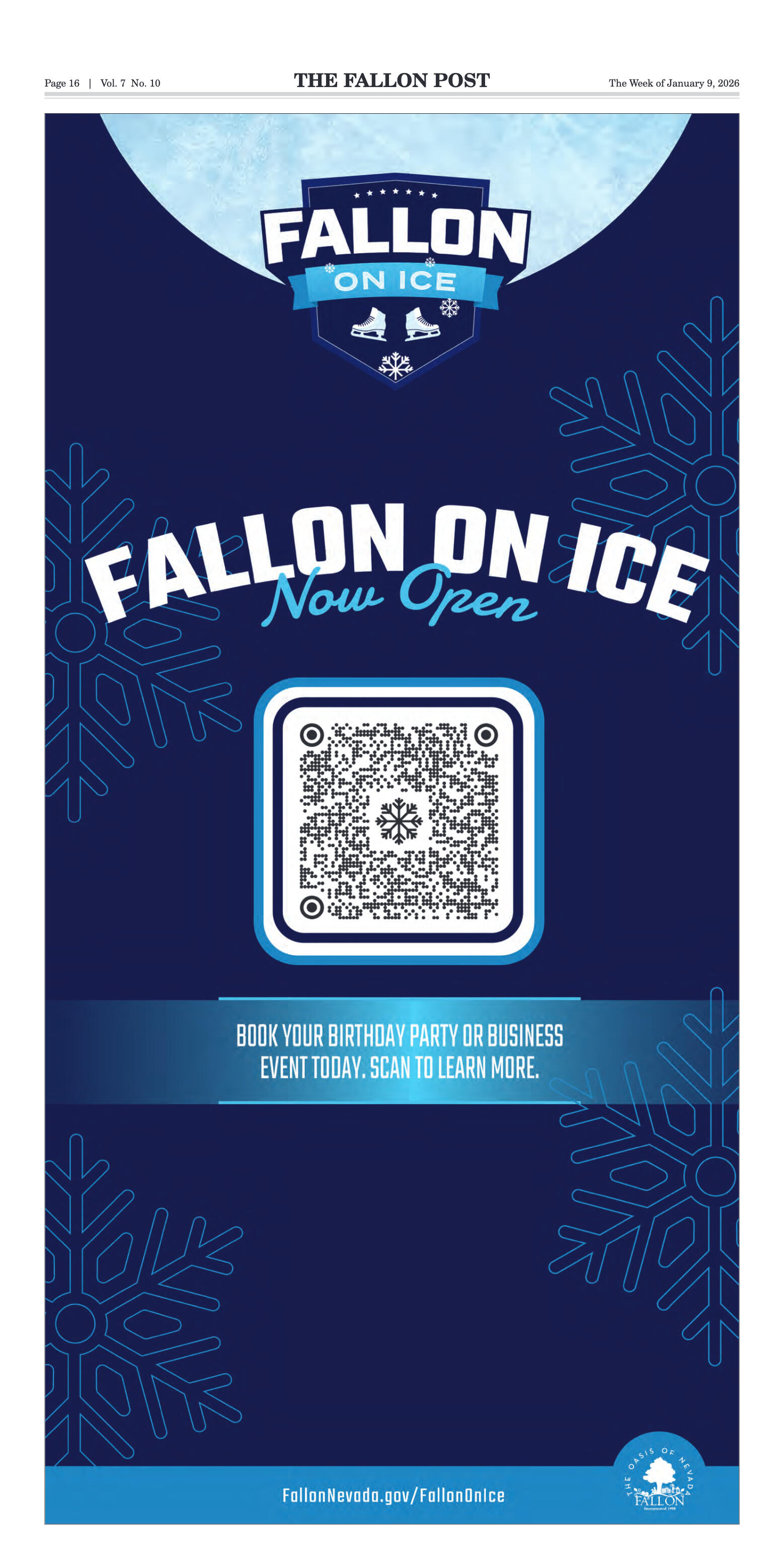
















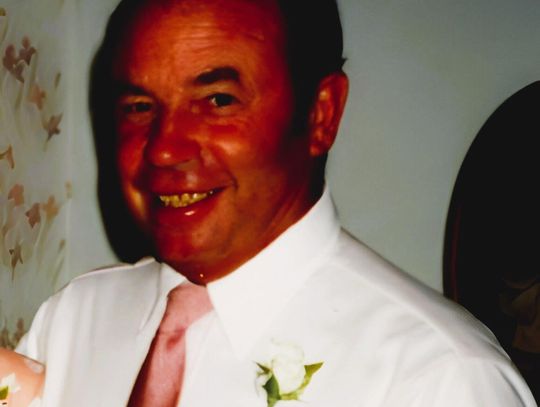
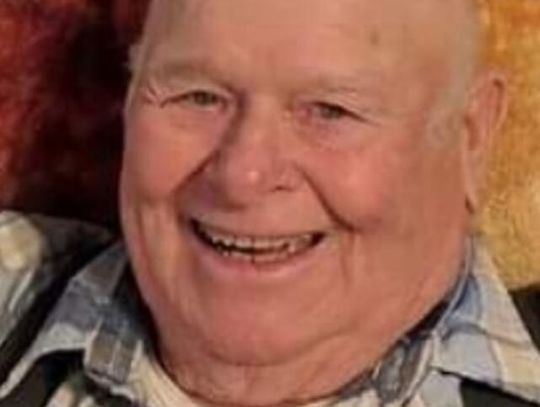
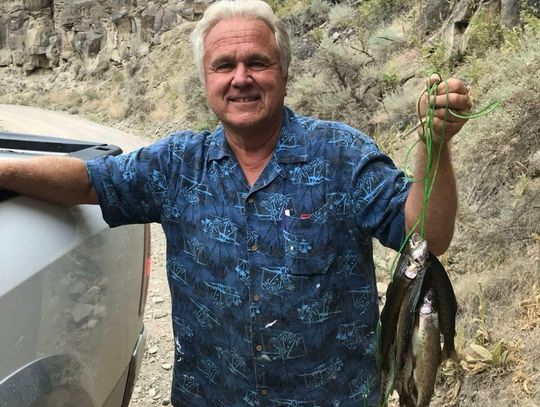
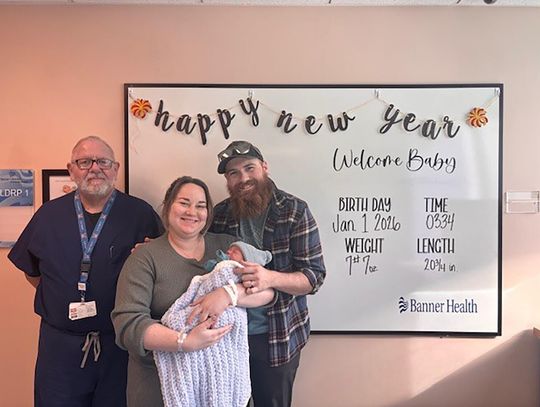
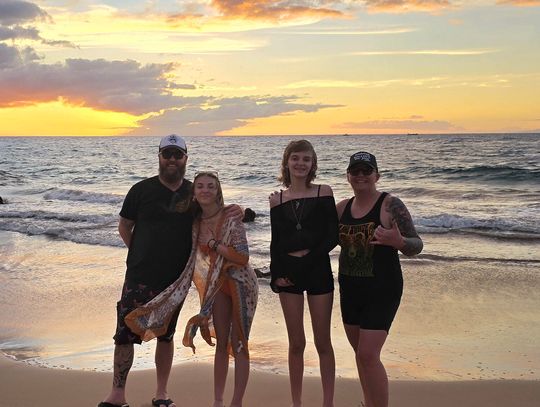

Comment
Comments